Farmers lost their confidence on getting profit from Agriculture. From the bottom Panchayath level to Central spending so many crores in Agricultural sector. Farmers are not getting any benefit from it equally on their share in farming. Once the economists said that the inflation is due to the price hike of food produces in India. Unfortunately the hike of Inflation visible from the past few decades. But the inflation of food produces is only 14.3% which is calculated from Wholesale Price Index (WPI). At World level maximum Countries are calculating inflation on Consumer Price Index (CPI).
In India, wholesale price index is divided into three groups:
1. Primary Articles (20.1 percent of total weight), Food Articles from the Primary Articles Group account for 14.3 percent of the total weight.
Food articles wholesale price is controlled by the middlemen. Farmers are not entitled to fix the selling price of his produces. The public distribution system, many other Govt agencies are available to control the price of food produces in the market. Thus farmers can’t get the benefit of inflation. If the inflation is calculated for 65 years as base year 1949 the inflation rate may be higher up to 2000. To reduce the inflation rate the economists purposefully changes the base year periodically. In 1985 the labour wage of a male worker will get Rs. 20 per day and now he gets Rs. 700 per day due to Inflation. Unfortunately any of the agricultural produce gone up below 4 times. The salary and pension are increase more than 35 times including DA. HRA, TA, Promotion and other allowances are above the inflation rate.
2. Fuel and Power (14.9 percent)
The price of Fuel and Power are controlled by the State and Central Govts. These will be hiked on the basis of inflation which is a burden for farmers.
3. Manufactured Products (65 percent).The most important components of the Manufactured Products Group are:-
(i) Chemicals and Chemical products (12 percent of the total weight)
(ii) Basic Metals, Alloys and Metal Products (10.8 percent)
(iii) Machinery and Machine Tools (8.9 percent)
(iv)Textiles (7.3 percent)
(v) Transport, Equipment and Parts (5.2 percent)
All these manufactured products price are fixed by the Manufacturers with profit and other expenses. BICPstands for Bureau of Industrial Costs and Pricing (India), they will not harm the industry on pricing.
The Commission for Agricultural Costs and Prices giving reports to Govt of India. All reports by CACP are in papers only, because farmers are not aware on these reports and farmers are not united to fetch the positive result from it. An interesting Study on the price indices of few Agricultural produces in Kerala which was submitted to CACP by Dr. Yageen Thomas in 2007, who was the head of Statistics Dept in Kerala University. A Report Submitted before the Commission for Agricultural Costs and Prices related with Coconut and it’s byproducts in 2008 by Dr. Yageen Thomas. Coconut Development Board spending more money for the development of farmers. In 1985 for plucking coconuts from 50 trees I have to give 15 coconuts and Rs. 2 only. For the the 15 coconuts he was able to sell it at Rs. 75 where the labour wage of a male worker in agricultural sector was Rs. 20. Now the farmers have to give Rs. 1000 for plucking coconut from 50 trees. Above all shortage of workforce in Kerala is an another issue. Many of the labour in Kerala including rubber tapping now work force from North Eastern States who are able to get the wage in their States from Rs. 150 to 200 per day. Kerala is a Gulf for them to fetch a better income to their families. Young educated in Kerala are not interested in Agriculture, they need white color job to get a bride or groom at their status. How ever inflation goes up and farmers income is going down which creates waste land every where. The farmers or work force are not interested to build their children on their own standard. For better income to farmers they are using fertilizers, pesticides and herbicides for better yield which is harmful to the environment and health of flies, Animals, livestock and human. With out controlling the inflation farmer can’t escape from his suicide attempts. Thus the calculation of Inflation must be on Food Articles WPI only. Farmers capability to use manufactured products is a must for the economic growth and self sufficiency of the Nation.


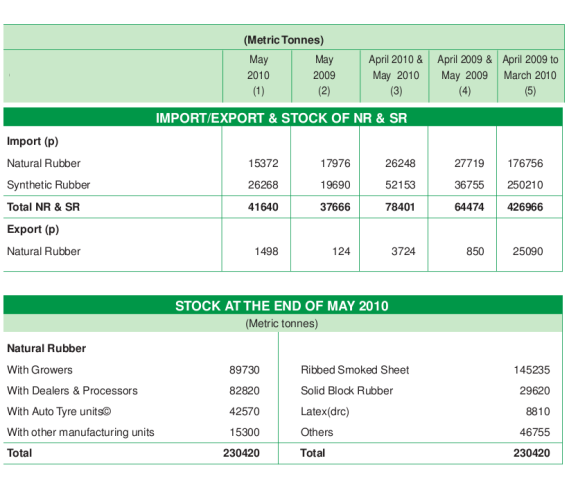




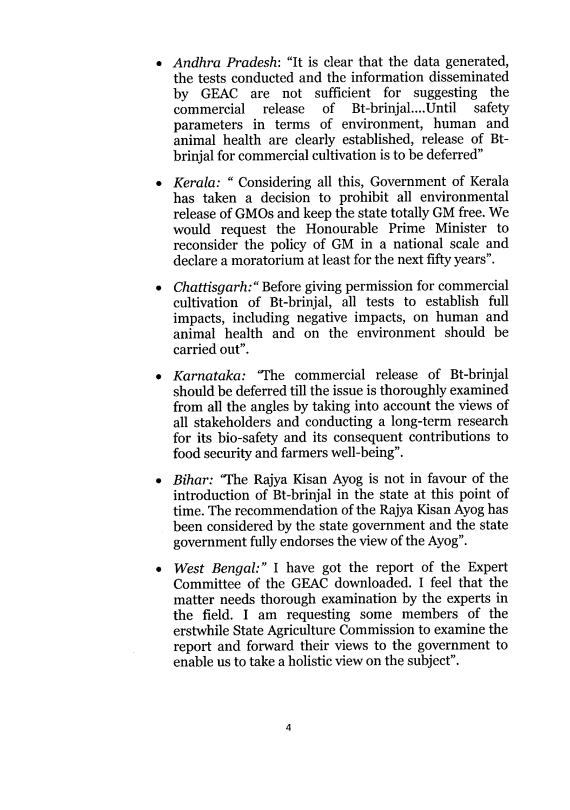

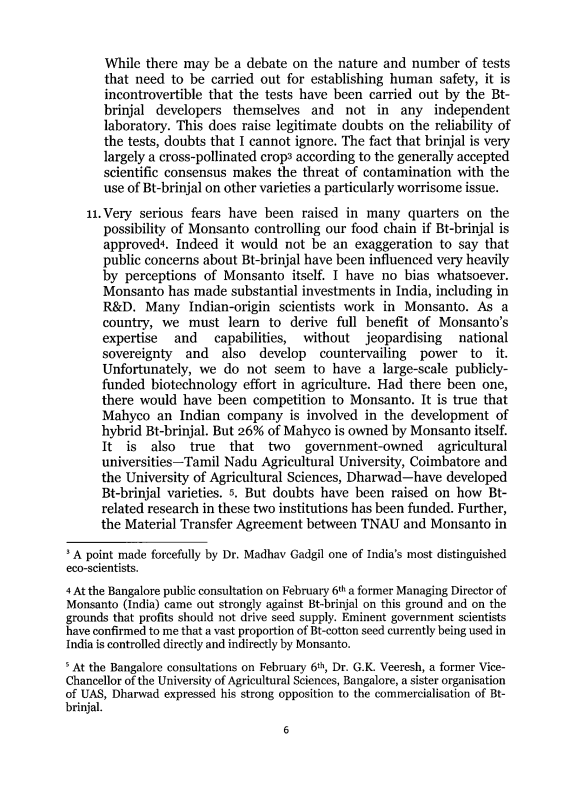

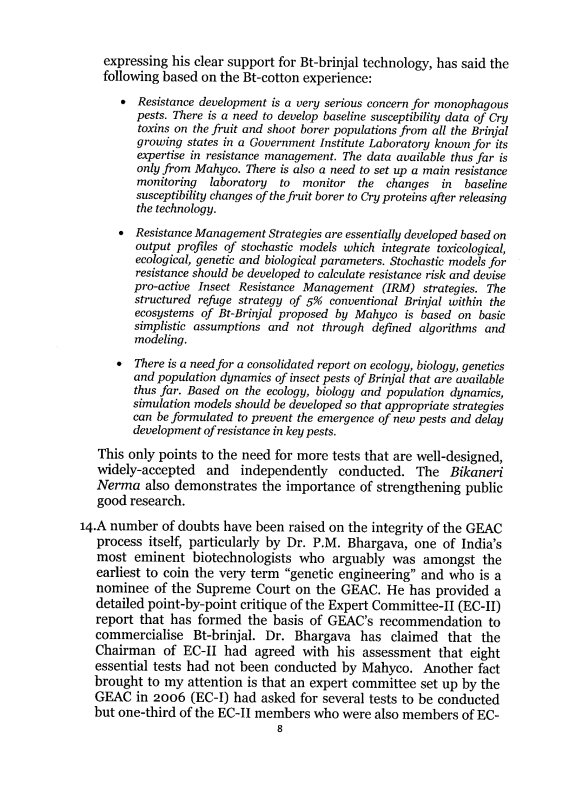



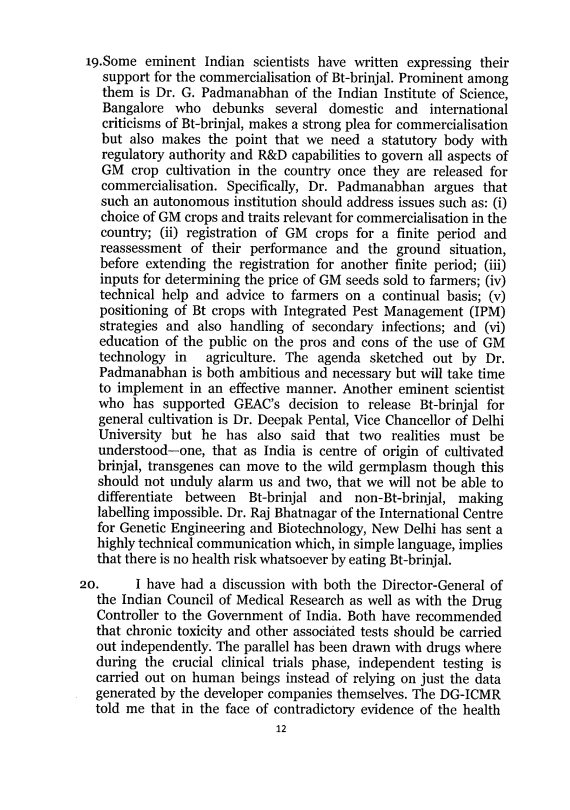







Recent Comments